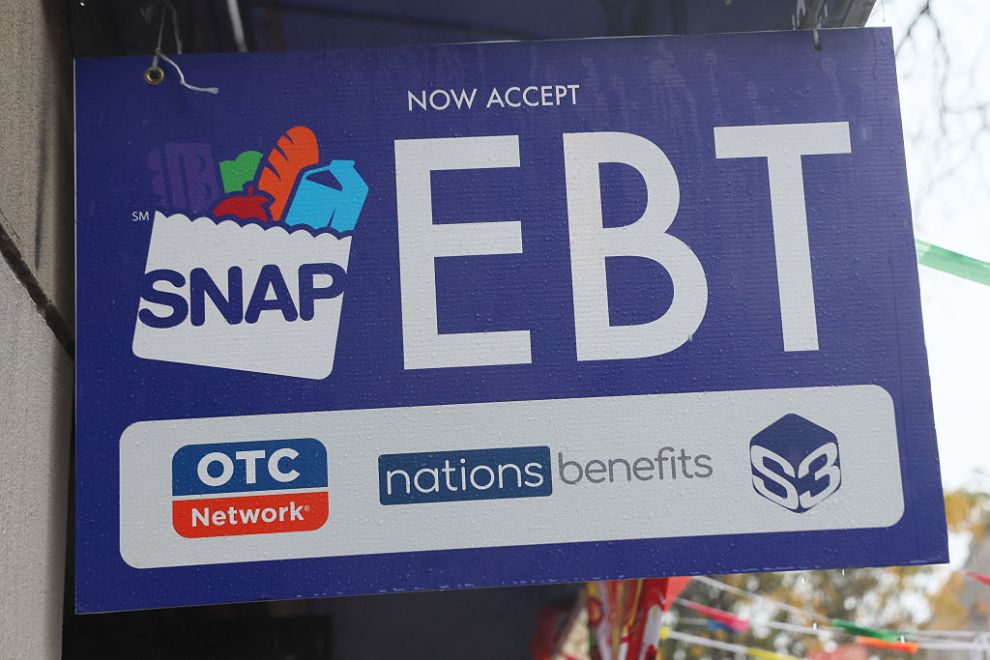Two federal judges have ordered the U.S. Department of Agriculture (USDA) under the Donald Trump administration to continue funding the Supplemental Nutrition Assistance Program (SNAP), rejecting plans to suspend the program amid the ongoing federal government shutdown.
In rulings issued Friday, judges in Massachusetts and Rhode Island found that the USDA’s plan to freeze benefits beginning Nov. 1 violated the law by failing to use contingency funds. The program serves about one in eight Americans—roughly 42 million people—and costs billions each month.
Contingency Funds Ordered Tapped
In Providence, U.S. District Judge John J. McConnell Jr. directed the administration to distribute the contingency funds “as soon as possible,” noting the “terror it has caused some people about the availability of funding for food, for their family.”
Meanwhile in Boston, Judge Indira Talwani ruled the USDA’s suspension of SNAP was “unlawful” and ordered the agency to report by Monday on whether it will use the contingency funds and other reserves.
The USDA had argued that it lacked legal authority to tap the roughly $5 billion contingency fund—let alone a larger reserve of about $23 billion—to continue payments during the shutdown.
Sen. Amy Klobuchar (D-Minn.), ranking member of the Senate Agriculture Committee, said the rulings “leave the administration no excuse to withhold food assistance from Americans.” She accused the administration of a “purely a cruel political decision, not a legal one.”
President Trump responded via social media saying his lawyers “do not think we have the legal authority to pay SNAP with certain monies we have available,” and that if the court provides “appropriate legal direction … it will BE MY HONOR to provide the funding.”
Despite the court orders, many beneficiaries still face delays. Loading state benefit cards takes days, and the available emergency funds fall short of the estimated $9 billion needed for November’s SNAP benefits.
Non-profit groups warned that while the rulings offer relief, they do not guarantee full or timely payments. “Thousands of nonprofit food banks … can avoid the impossible burden that would have resulted if SNAP benefits had been halted,” said Diane Yentel of the National Council of Nonprofits.
States are also scrambling. New York declared a state of emergency and allocated $65 million to food banks after federal payments threatened to lapse.
The dual rulings underscore how the shutdown is forcing decisions around the country’s food-safety net. They also shift the conversation from whether SNAP funds will be cut to how they will be delivered—and whether the administration will comply while appealing or resisting the court’s mandate.

